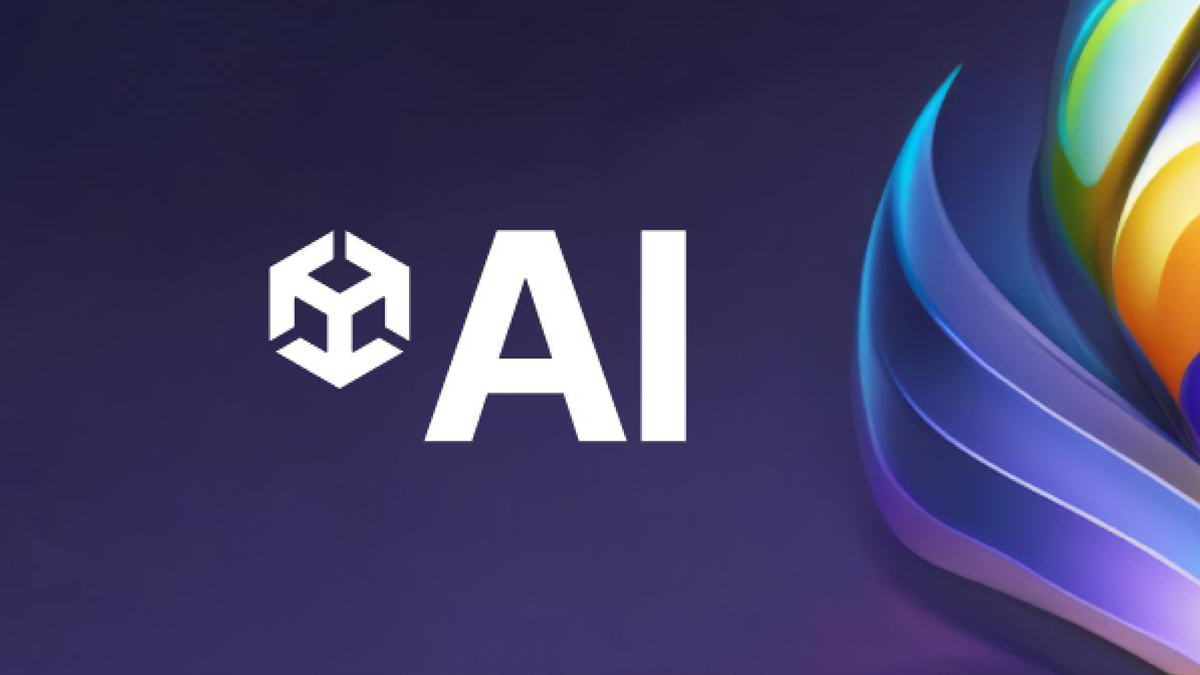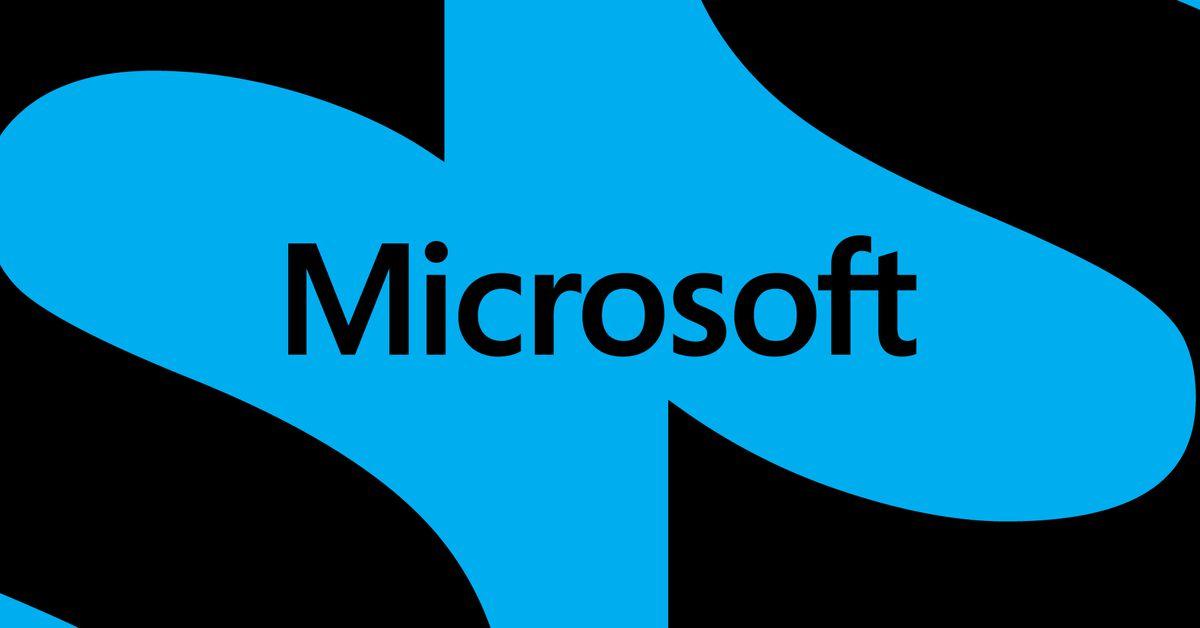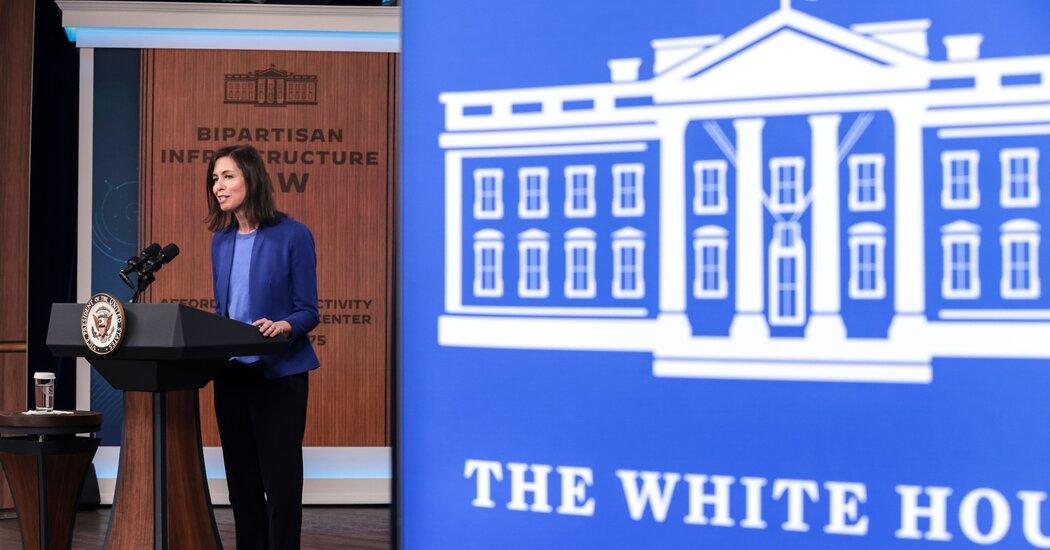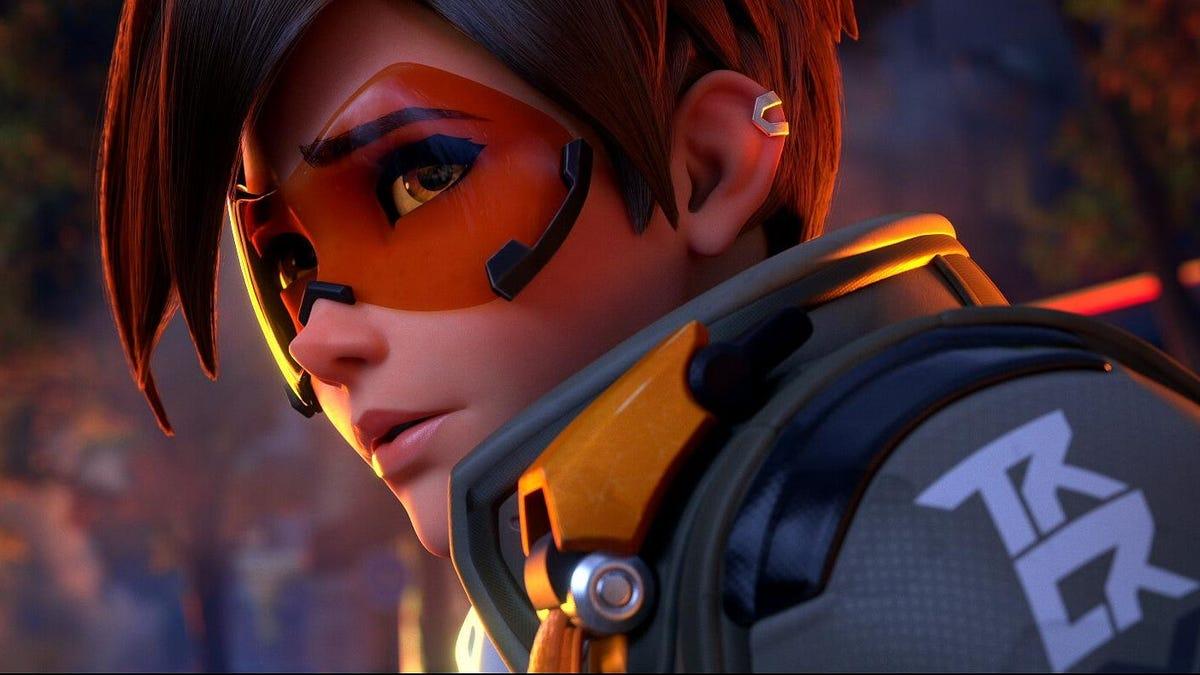The engine maker launched the report during GDC 2024 to highlight how developers are adjusting their workflows and practices amid “shifting market forces.”
“While 2023 was a year marked with persisting economic headwinds, game developers are strategically navigating the challenges and successfully adapting to changes in technology, the economy, and player habits by doing more with less,” said the company, which has contributed to those “headwinds” by laying off a huge number of workers in 2024.
“Even with tightened budgets, studios are still experimenting, investing and taking calculated risks to maximize efficiencies and resources.
They are focused on key opportunity areas including: boosting productivity with AI tools, maximizing revenue with diverse ad strategies, and doubling down on multiplayer and multiplatform games to reach as many players as possible and keep them playing longer.”
As noted above, the report itself found that just under two-thirds of surveyed developers have incorporated AI tools into their process, but how many of those developers are using generative AI?
According to data from the Unity Sentis beta user survey, which comprised 7,062 respondents, 63 percent of those developers who adopted AI tools confirmed they used generative tech for asset creation.
Overall, 71 percent of those developers using AI (both generative and other tools) claimed the tech has improved their delivery and operations.
Niantic VP of product management, Kjell Bronder, told Unity that AI tools have the ability to “empower our designers.”
“To increase our productivity, like many others, we’ve been really looking at AI and seeing how we can use this new generation of tools to empower our designers so they can create new assets to explore new ideas,” said Bronder.
“Also, how we can prototype new ways of characters, bring them to life, and have them animate in new ways.”
Unity itself believes that AI usage across the game industry will “deepen and become normalized,” and when spotlighting five trends that could “shape 2024 and beyond” suggested generative AI will “help make game development achievable.”
“We expect that it will lower the threshold for implementing user-generated content, and AI will bring innovation to story-driven gameplay,” added the company.
Unity and MuseUnity is attempting to put AI tools into the hands of developers through its Muse platform, which utilizes Azure AI and OpenAI technology in some instances.
The company also custom-built its own AI model using proprietary images and data to help developers produce sprites and textures.
Muse is billed as a toolkit that will help “streamline” production by giving developers access to information while enabling them to rapidly generate textures, animations, behaviors and more by using prompts.
Yet, for all of the optimism expressed in Unity’s report, the rise of generative AI tools has set off alarm bells in some corners of the industry.
Some developers have expressed concern that the integration of generative AI technology in particular will lead to further job cuts.
There are also legal issues surrounding who owns the outputs produced by AI tools trained on publicly available data, such as those created by OpenAI.
Unity chief product and technology officer Marc Whitten, however, feels that generative AI tools will still need human oversight to reach their full potential.
“Our belief is that nobody produces final code or art in one shot.
It’ll still take a lot of iteration that requires human expertise and experience,” he told Game Developer.
“Many tools make it easier for creators to realize or express their intent and we expect these AI tools to do just that–keep artists and creators at the center and give them more tools that they can use to iterate, refine, and mix together in order to realize their vision.”
Whitten also suggested that, in the face of economic turmoil, it’s imperative developers are able to bring products to market without delay.
“As a software company, the best way for us to help devs navigate these headwinds is to double down on giving them the best possible development tools that enable faster time-to-market for their games and long-term success,” he added.
“Central to doing this work is feedback from our community.
Our creators tell us where we are helping them and they tell us when there is more work to do.
This informs where we put our focus which includes: tools for them to build their games, deploy them to as many platforms/players as possible, build and scale multiplayer experiences and solutions to find and grow their audience.”
You can access the full 2024 Unity Gaming Report right here.
According to the 2024 Unity Gaming Report, 62% of developers use AI tools in their work, and a sizable portion of those developers seem to be using generative AI technology.
In response to “shifting market forces,” the engine manufacturer released the report at GDC 2024 to show how developers are changing their workflows and procedures. “.
The company, which contributed to those “headwinds” by laying off a significant number of employees in 2024, stated that “game developers are strategically navigating the challenges and successfully adapting to changes in technology, the economy, and player habits by doing more with less” in 2023.
“Students are still experimenting, investing, and taking calculated risks to maximize resources and efficiencies, even with tighter budgets. Their primary areas of focus are increasing productivity through AI tools, optimizing revenue through a variety of ad strategies, and increasing their focus on multiplayer and multiplatform games in order to attract and retain a large number of players. ****.
As mentioned earlier, the report itself discovered that a little under two-thirds of the developers questioned had included AI tools in their workflow, but how many of those developers are actually utilizing generative AI?
Based on information gathered from 7,062 respondents in the Unity Sentis beta user survey, 63 percent of developers who used AI tools acknowledged using generative technology to create assets.
In general, 71 percent of developers who use AI (generative and other tools) said that their delivery and operations have improved as a result of the technology. AI tools have the potential to “empower our designers,” according to Kjell Bronder, vice president of product management at Niantic, who spoke with Unity. “.
Like many others, Bronder stated, “We’ve been really looking at AI to increase our productivity and seeing how we can use this new generation of tools to empower our designers so they can create new assets to explore new ideas.”. Additionally, how we can create new character prototypes, give them life, and have them animate in novel ways. “.
According to Unity, the use of AI in the game industry will “deepen and become normalized,” and when highlighting five trends that could “shape 2024 and beyond,” the company said generative AI will “help make game development achievable.”. “.”.
The company continued, “We anticipate that it will lower the threshold for implementing user-generated content and AI will bring innovation to story-driven gameplay.”.
harmony and the muse.
Through its Muse platform, which sometimes makes use of OpenAI and Azure AI technology, Unity is trying to provide developers with access to AI tools. In addition, the business created a unique AI model with its own proprietary data and images to assist developers in creating sprites and textures.
With the help of prompts, developers can quickly create textures, animations, behaviors, and other elements by using Muse, which is marketed as a toolkit that will help “streamline” production. Despite all of the hopefulness in Unity’s report, some parts of the industry are concerned about the emergence of generative AI tools.
There are developers who are worried that more job losses will result from the use of generative AI technology in particular. The ownership of the outputs generated by AI tools trained on publicly accessible data, like those made by OpenAI, is another legal concern.
However, Marc Whitten, chief product and technology officer of Unity, believes that in order for generative AI tools to realize their full potential, human oversight will still be necessary. Nobody creates final code or artwork in a single sitting, in our opinion. He said to Game Developer, “It will still require a great deal of iteration that calls for human expertise and experience. Many tools facilitate the realization or expression of creators’ intentions, and we anticipate that these artificial intelligence (AI) tools will do the same—keeping artists and creators at the center and providing them with additional tools to combine, refine, and iterate in order to realize their vision. “.”.
Whitten added that it’s critical that product developers be able to launch their creations quickly in the face of economic uncertainty. He continued, “As a software company, we believe that providing developers with the best development tools possible will help them overcome these challenges and achieve long-term success for their games.”.
“Community feedback is essential to carrying out this work. Our creators let us know when more work needs to be done and where we can assist them. This guides our attention toward the following areas: resources to help them create their games, distribute them to as many platforms and players as possible, develop and expand multiplayer experiences, and audience acquisition and growth strategies. “.
The 2024 Unity Gaming Report is available in its entirety right here.




